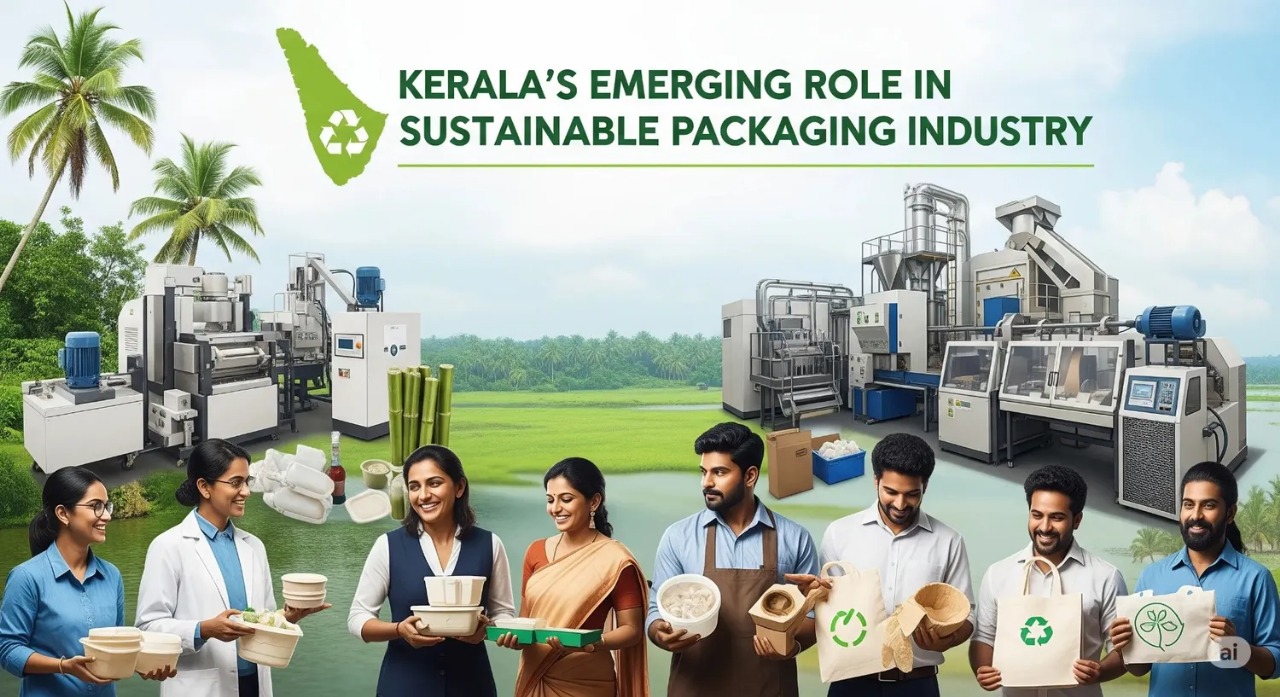Kerala’s Local Self-Government Department is spearheading a pioneering hybrid model targeting 100% source-level biodegradable waste management. By combining decentralized community treatment facilities and advanced technologies, the state aims to transform waste processing and recycling, enhancing sustainability and environmental hygiene across urban and rural areas.
Kerala is setting new benchmarks in sustainable waste management with plans to achieve 100% source-level biowaste management through a hybrid approach. Building on its successful Haritha Karma Sena door-to-door non-biodegradable collection campaign, the state is preparing to scale a pilot project across 50 panchayats and 25 municipalities. This innovative plan integrates source segregation with community-level processing facilities, promising comprehensive coverage.
Notable Updates:
The hybrid strategy empowers larger bodies like corporations to establish compressed biogas (CBG) plants, while municipalities and panchayats will deploy advanced treatment technologies tailored to their needs.
Community-level biowaste plants will vary in capacity to match local demand, replacing less sustainable methods like reliance on pig farms for organic waste processing.
The Suchitwa Mission has invited private sector participation through expressions of interest for operating biowaste treatment facilities, with fallback plans enabling local governments to manage them if private uptake is insufficient.
A thorough field survey is underway to assess existing waste management practices and identify precise gaps to be addressed during rollout.
Incentives such as a 5% property tax rebate for households practicing source segregation aim to bolster citizen participation and accountability.
The initiative is designed to dovetail with Kerala’s existing decentralized waste management model, reinforcing grassroots efforts led by women’s self-help groups and community organizations.
Focus remains on enhancing waste collection efficiency, environmental sustainability, and converting organic waste to useful products such as biogas and compost.
Major Takeaways:
Kerala’s hybrid model exemplifies a pragmatic blend of community-driven and technological solutions to tackle biowaste comprehensively. The approach promises to reduce environmental hazards, improve public health, and generate economic benefits through sustainable waste utilization. Continued community engagement and strategic partnerships will be pivotal to achieving complete, replicable source-level biowaste management statewide.
Sources: The New Indian Express, Suchitwa Mission Kerala, Haritha Kerala Mission, LSG Department Kerala.

